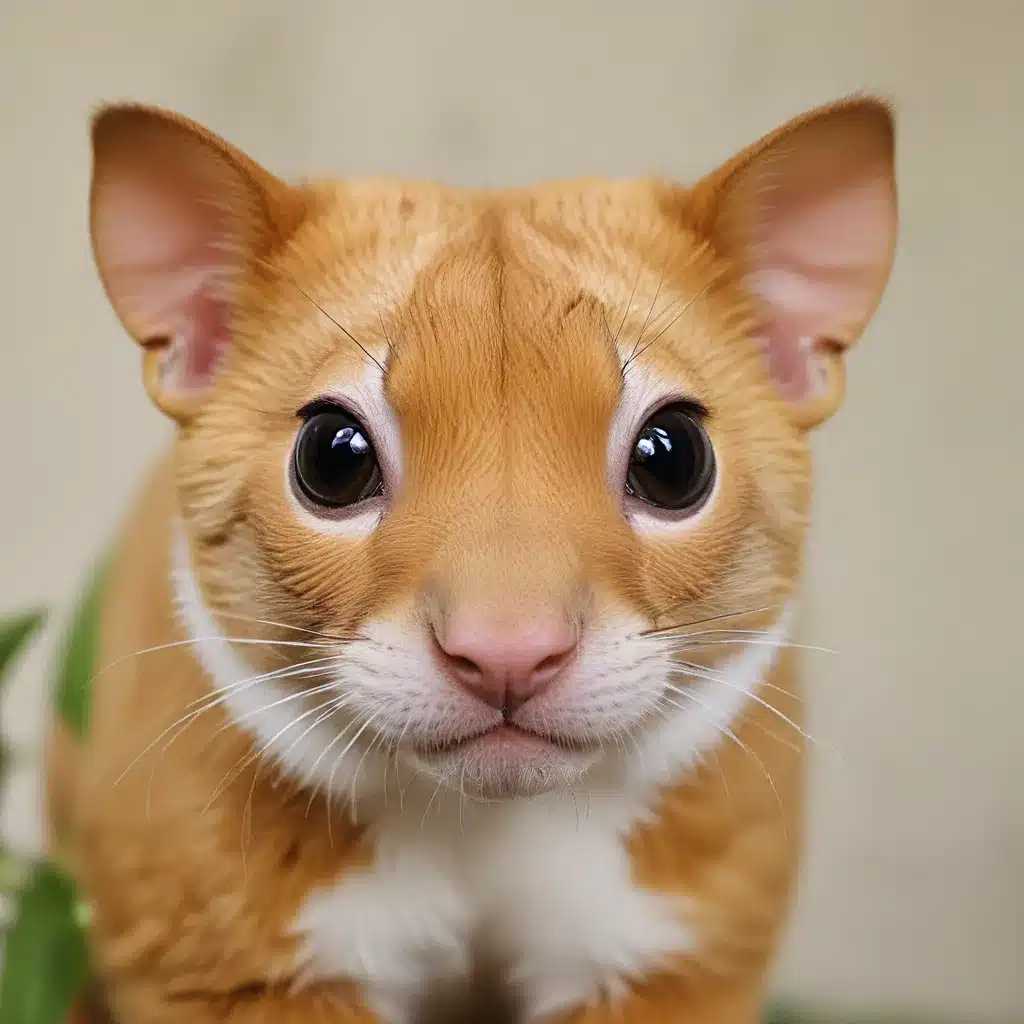
Exotic Pets: The Allure and the Daunting Reality
Ah, the allure of exotic pets! Those fascinating creatures that captivate our imaginations, from the regal bearded dragon to the mesmerizing pigmy python. But before you dive headfirst into the world of exotic pet adoption, let’s take a deep dive into the considerations you’ll need to ponder. After all, these pets aren’t your average furry friends – they come with their own unique set of challenges and responsibilities.
Understanding the Exotic Pet Landscape
First and foremost, it’s crucial to understand the landscape of exotic pet ownership. According to the NSW Native Animal Keepers Species List, the exotic pet realm includes a diverse array of species, from the long-billed black cockatoo to the captivating bearded dragon. While the allure of these creatures is undeniable, it’s essential to recognize that they come with their own specialized needs and requirements.
Handling with Care: The Importance of Proper Techniques
One of the primary considerations when adopting an exotic pet is mastering the art of handling. These animals have unique needs, and improper handling can lead to stress, injury, or even worse. For instance, birds should never be picked up by their wings, legs, or tail. Researching the specific handling techniques for your desired species is a must-do before bringing your new feathered or scaly friend home.
Tailored Habitats: Providing the Perfect Environment
Exotic pets often require specialized housing and environments to thrive. Bearded dragons, for example, need a ventilated screened tank with UVB lighting, a basking rock, and a shallow water bowl, all maintained at the perfect temperature. Snakes, on the other hand, require a heat lamp to regulate their enclosure’s temperature, with a designated cool spot to prevent overheating. Ensuring your exotic pet’s habitat is tailored to their specific needs is a critical aspect of responsible ownership.
The Licensing Hurdle: Navigating Regulatory Requirements
Ah, the joys of bureaucracy! Before you can even consider bringing home an exotic pet, you’ll need to navigate the regulatory landscape. In New South Wales, you’ll need to obtain a biodiversity conservation licence, which can vary depending on the species and the number of animals you plan to keep. It’s a hurdle, to be sure, but one that’s essential for the well-being of both you and your new scaly or feathered companion.
Procuring Supplies: Sourcing the Necessities
Let’s talk about the nitty-gritty of exotic pet ownership: the supplies. From live insects to specialized vitamins and minerals, the feeding and maintenance requirements of exotic pets can be quite demanding. And let’s not forget the importance of finding a nearby veterinary practice that’s equipped to handle your particular species. If you don’t have easy access to these essential resources, it might be time to reconsider your exotic pet dreams.
The Commitment Factor: Are You Ready for the Long Haul?
Exotic pets are not like your typical furry friend. They often have much longer lifespans than their domesticated counterparts, and their care requirements can be quite extensive. Bearded dragons, for instance, can live up to 15 years, while some snakes can live for over 20 years. Are you prepared to provide a lifetime of dedicated care and attention to your new scaly or feathered companion? It’s a decision that requires serious contemplation.
Striking a Balance: Solitary or Social?
Another key consideration when adopting an exotic pet is whether they’re suited for solo living or require a more social setting. Some species, like reptiles and amphibians, are perfectly content as lone individuals, while others, like birds, thrive in the company of their own kind. Understanding the social needs of your desired exotic pet is crucial for ensuring their well-being and your own sanity.
Indoor or Outdoor: The Great Debate
Ah, the age-old question: should your exotic pet reside indoors or outdoors? The answer, my friends, lies in the specific requirements of your chosen species. Some reptiles and amphibians may fare better in a carefully curated outdoor environment, while others, like birds, may do best within the confines of your home. It’s a decision that requires careful research and consideration, as the wrong choice could spell disaster for your new scaly or feathered companion.
Exotic Pet Adoption: The Joys and the Challenges
Adopting an exotic pet is not for the faint of heart. It’s a journey that requires meticulous planning, unwavering commitment, and a deep understanding of the unique needs of your chosen species. But for those brave souls who are up for the challenge, the rewards can be truly extraordinary.
Imagine the thrill of watching your bearded dragon bask in the warmth of its carefully crafted habitat, or the delight of witnessing your pigmy python gracefully navigating its meticulously designed enclosure. These are the moments that make the effort worthwhile, the moments that remind us of the profound joy that can come from sharing our lives with these captivating creatures.
However, it’s essential to remember that exotic pet ownership is not all rainbows and sunshine. There will be challenges, from navigating the regulatory landscape to ensuring your pet’s specialized dietary and environmental needs are met. But with the right mindset, the proper preparations, and a deep well of patience, these challenges can be overcome.
So, if you’re ready to embark on the thrilling journey of exotic pet ownership, I urge you to explore the wonders of Golden Exotic Pets. Their wealth of knowledge and expertise can guide you every step of the way, ensuring that you and your new scaly or feathered friend can forge a bond that will last a lifetime.

